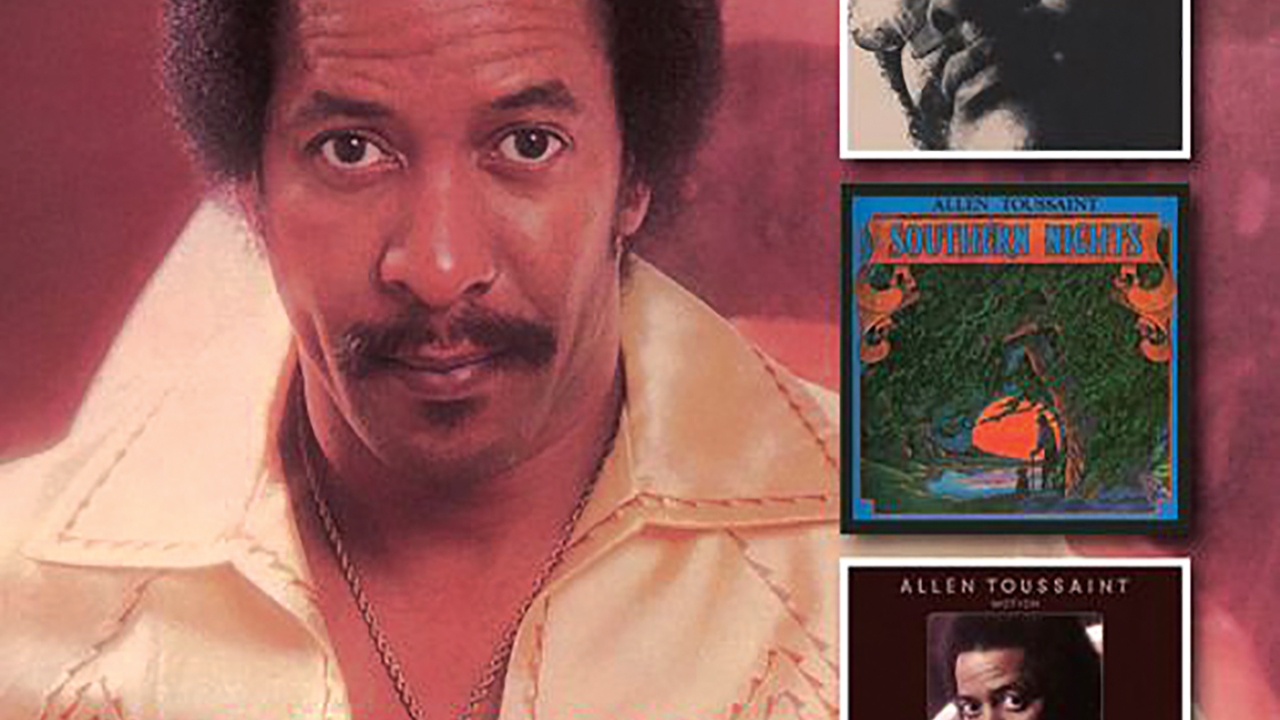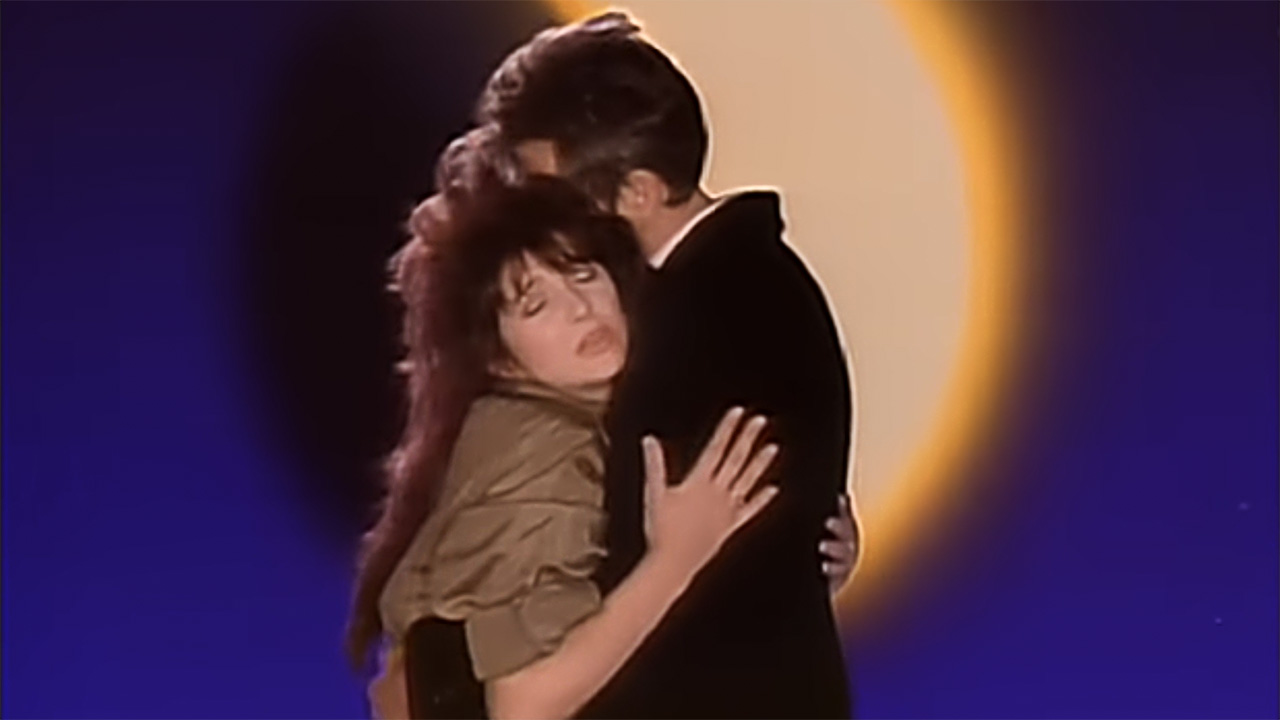You can trust Louder
AS THE WORLD mourned the loss of a true American musical genius, we could take refuge in listening to these three albums from a time when Allen Toussaint was attempting (albeit somewhat reluctantly) to carve out a solo career.
Considering that Toussaint released his debut album The Wild Sounds Of New Orleans (as Al Tousan) in 1958, it’s somewhat surprising that he waited until the 70s before again pursuing a solo career. Or maybe not: after all, Toussaint was a brilliant all-rounder – songwriter, arranger, producer, pianist, talent scout – and he spent the 60s knocking out hit after hit for the likes of Lee Dorsey, Irma Thomas, Ernie K Doe and others. Many of his songs from that era were covered by British Invasion bands, thus giving him a steady income.
Perhaps it was the album age – and his increasingly personal songs – that encouraged him to re-enter the studio in 1970 to record From A Whisper To A Scream. He then followed it up with 1971’s Toussaint. Both albums received good reviews, if slight sales. In 1972, he produced Life, Love And Faith, which is where this double CD picks up the thread. As ever with Toussaint, this is strong product: the dozen original songs are often striking and The Meters’ instrumental brilliance makes sure that every note is deeply felt. There’s a bleak tone to several of the songs here and On Your Way Down (later covered by Little Feat) is the toughest blues Toussaint ever cut.
In 1975 he went back into the studio to record Southern Nights, which is surely Toussaint’s solo masterpiece. The title track – it would later be turned into a jaunty country hit by Glen Campbell – is moody and almost psychedelic. What Do You Want The Girl To Do? is the songwriter at his most soulful, and Bonnie Raitt, Boz Scaggs and Lowell George would all cover it. Again, though, the album failed to win a wide audience and Toussaint retreated to concentrate on producing the likes of Robert Palmer, LaBelle and Frankie Miller.
For 1978’s Motion, Toussaint allowed Jerry Wexler to take control in Los Angeles, hoping that an outside producer and session team might finally win him the solo success that had eluded him. It was not to be. Motion is Toussaint’s most straightforwardly funky album – it opens with Night People, a paean to those who love to dance – yet his reticent vocal and personality didn’t suit the age of disco. The commercial failure of Motion saw Toussaint largely withdraw from recording as a solo artist.
These three albums find the Crescent City polymath at his most lyrical and inventive. They are beautifully odd – singersongwriter albums for fans of moody R&B – and jammed with perfect songs. Toussaint’s hesitant vocals ensure these albums are hugely personal and deeply felt. Remastered and packaged with excellent notes, this collection is essential for anyone hoping to comprehend the mystery of Allen Toussaint, a songwriter of genius who made quietly remarkable albums.
The latest news, features and interviews direct to your inbox, from the global home of alternative music.

